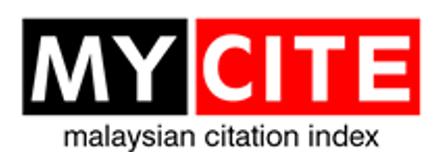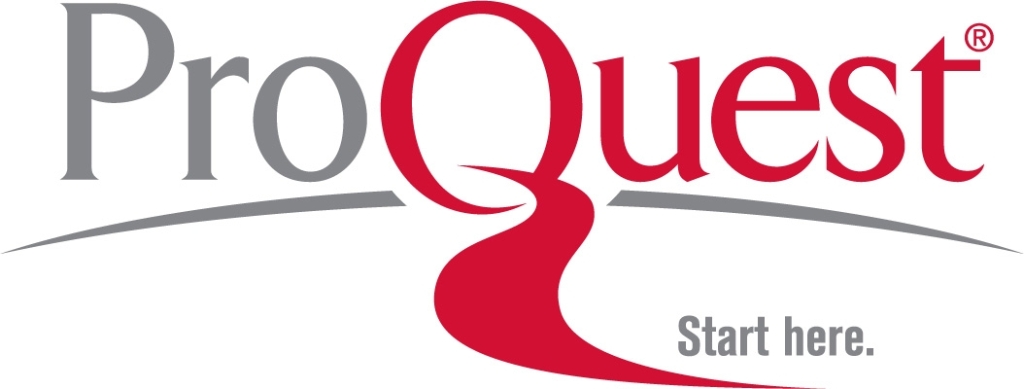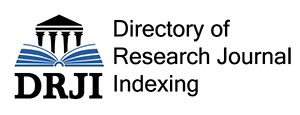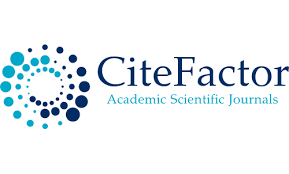STAKEHOLDER ENGAGEMENT AND WAQF SUSTAINABILITY: A BIBLIOMETRIC ANALYSIS OF IMPACT AND INFLUENCE
DOI:
https://doi.org/10.51200/lbibf.v23i1.6182Abstract
Waqf, an Islamic philanthropic instrument, holds significant potential for advancing sustainable development, yet its academic landscape remains underexplored. This study conducts a bibliometric analysis to evaluate the impact and influence of stakeholder engagement on waqf sustainability and to uncover research trends, prominent themes, and global collaboration patterns. Despite growing global interest in sustainable development, bibliometrics analysis insights into waqf-related research are sparse, posing challenges for stakeholders in optimising its socio-economic contributions. Using a dataset of 1,028 documents sourced from the Scopus database, this study employs Scopus analyser and VOSviewer software to examine publication trends, keyword co-occurrences, and co-authorship networks. The analysis reveals a steady rise in waqf-related publications, particularly after 2015, driven by integrating Islamic finance principles with sustainable development goals. Frequently occurring keywords such as “cash waqf,” “Islamic social finance,” and “sustainability” emphasise the focus on innovative financial mechanisms and social welfare initiatives. The study identifies Malaysia and Indonesia as the main contributors to waqf research, with notable international collaborations involving Turkey, the United Kingdom, and the United States. The findings underscore the interdisciplinary nature of this field, spanning areas like social sciences, economics, and Islamic finance, and highlight waqf’s capacity to address pressing global socio-economic issues. This study provides a comprehensive overview of stakeholder engagement and waqf sustainability studies, offering valuable insights for policymakers, practitioners, and academics. By identifying key trends and gaps, the study lays a foundation for future exploration, encouraging the development of strategies to maximise waqf’s role in fostering sustainable development.
Downloads
Published
How to Cite
Issue
Section
License
Copyright (c) 2025 Labuan Bulletin of International Business and Finance (LBIBF)

This work is licensed under a Creative Commons Attribution 4.0 International License.

















